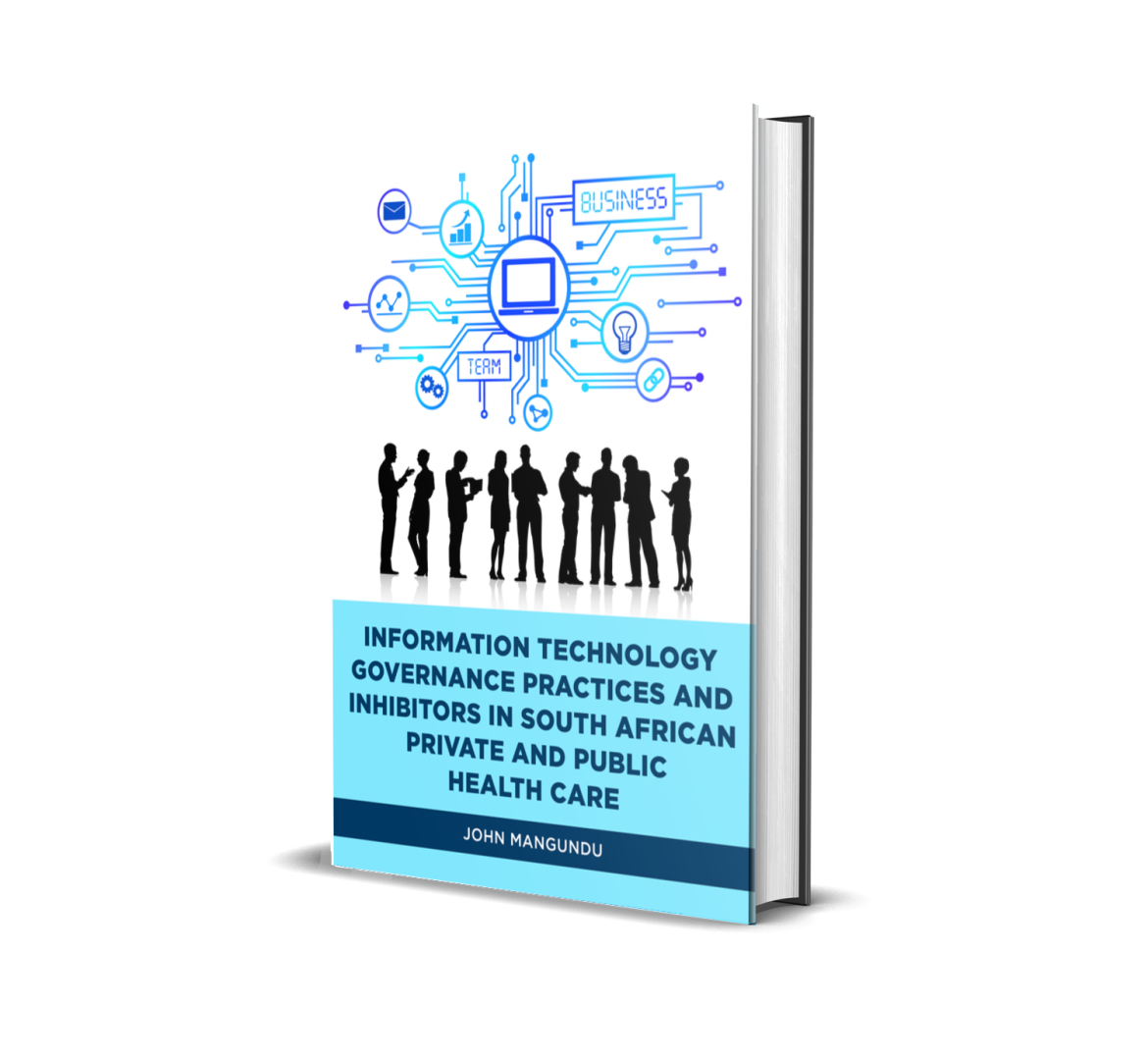Information technology governance practices and inhibitors in South African private and public health care is an open access book published by AOSIS Scholarly Books.
As organisations continue to invest capital heavily in Information Technology (IT), effective corporate governance of IT, normally termed ‘IT governance’ is critical to ensuring that IT spending leads to the fulfilment of organisational goals and the delivery of expected value. These changes in the business and IT operating environment require new and improved IT governance practices for implementation. The objective of this book is to determine IT governance drivers, IT governance practices and its inhibitors in private and public health care in South Africa. In this book, exploratory mixed methods with important IT and business decision-makers in the form of semi-structured interviews and an online survey questionnaires are used. The book makes original contributions to the IT governance and health care literature.
Copyright (c) 2023 John Mangundu (Author)
Information technology governance practices and inhibitors in South African private and public health care focuses on the governance of information technology (IT) investments in both the private and public health care sectors, addressing the intricate challenges associated with aligning IT initiatives, delivering value and ultimately realising returns on IT investments. The book sheds light on the pressing necessity for rigorous scientific inquiry into the role of IT governance in enhancing health care service delivery in South Africa. The presented current research holds relevance across the dimensions of technological innovation, health care provisioning and management. This book comprehensively examines the hurdles faced during the implementation of IT governance. By examining IT governance practices from the perspective of both IT and business decision-makers within the private and public health care domains, the book offers a significant contribution to discussions on technological innovation in service delivery, including perspectives from the public and private sectors. Throughout its analysis, the book considers contextual factors such as the environment, organisational dynamics and IT governance, all of which can potentially impede effective governance processes. The book emphasises the substantial influence of organisational factors as impediments to successful IT governance. It demonstrates how health care organisations’ perceptions and approaches to IT governance significantly shape the trajectory of their endeavours. This interdisciplinary research offers fresh insights into the implementation of IT governance, particularly within the context of developing economies characterised by resource limitations.

